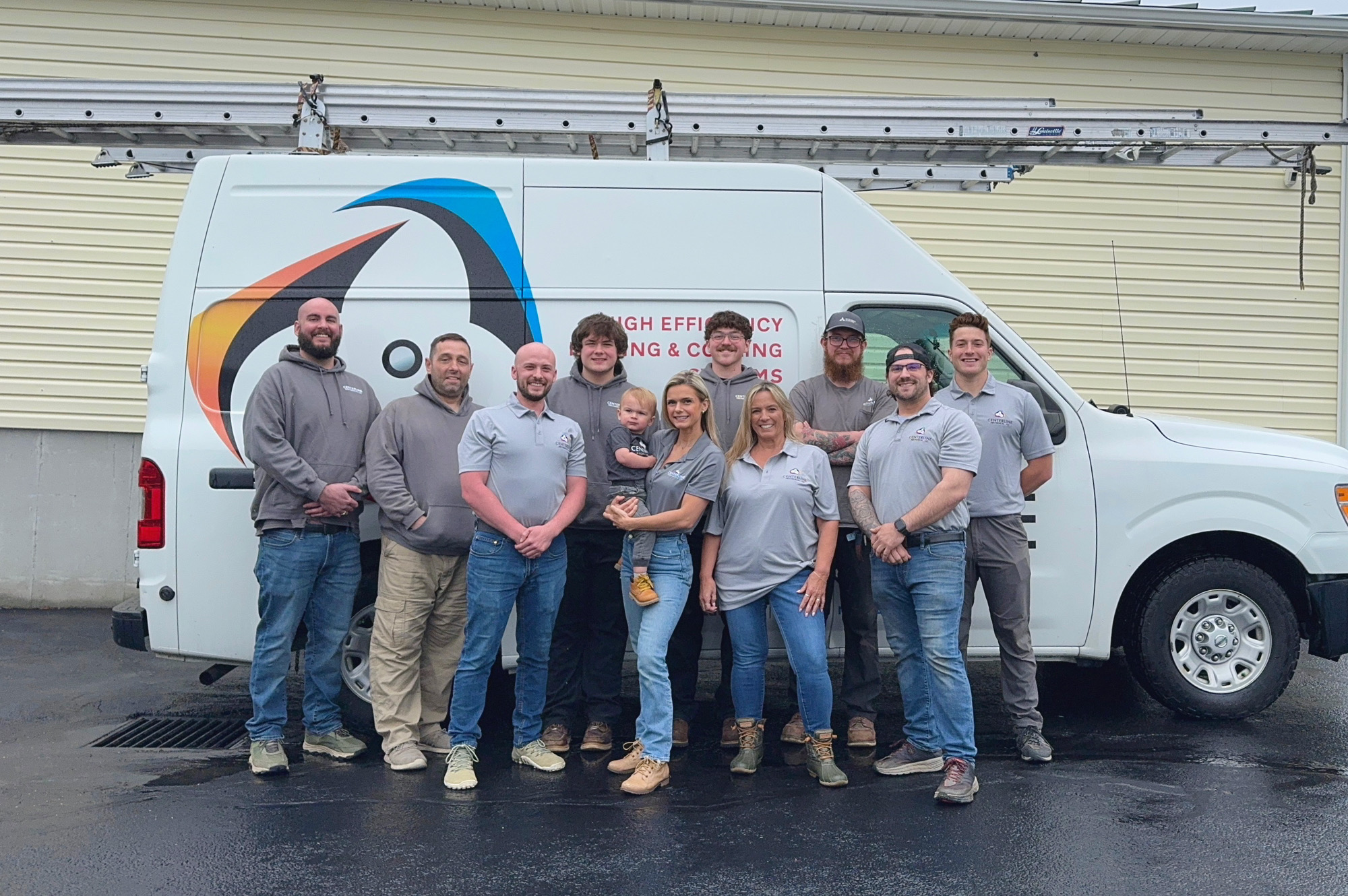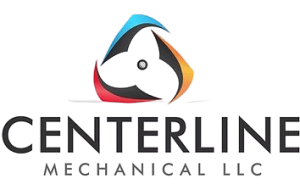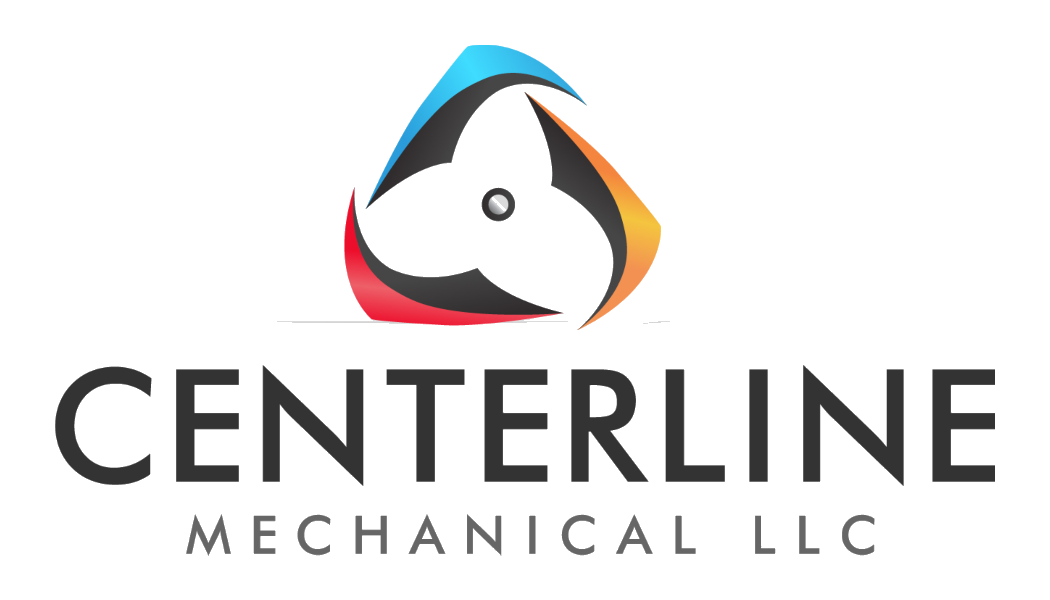Signs you should call for boiler repair
If you notice any of these, don’t wait:
- The boiler won’t fire or won’t stay lit.
- Radiators (or baseboards) are cold or uneven.
- Strange noises: banging, banging, or rattling.
- Visible leaks or a drop in system pressure.
- The boiler cycles on and off quickly (short-cycling).
- You see rusted pipes, a corroded flue, or smell fuel.
Any of those are a reason to call a pro — some are minor, some need prompt attention.
Common boiler problems we diagnose and fix
We see the same problems pop up around Milford every winter. Most have clear causes and solid repair options once we run diagnostics.
- No heat or no hot water – Usually an ignition failure, bad control board, or stuck gas valve. Sometimes it’s just a safety switch or thermostat fault.
- Uneven heat or cold rooms – Often air trapped in the system, a bad zone valve, or a circulator pump that’s starting to fail.
- Banging or “kettling” sounds – Mineral buildup or sludge in the heat exchanger, or restricted water flow, can make the boiler rumble or whistle.
- Leaks or low pressure – Small drips at valves or seals are repairable; major corrosion or a rusted tank might call for replacement.
- Frequent cycling or short runs – The boiler may be oversized, the controls out of tune, or water temperature set incorrectly.
- Pilot or ignition issues – Weak or dirty sensors and failed igniters are common; we test and replace what’s needed.
- Expansion and pressure problems – A failing expansion tank or pressure relief valve can cause constant pressure loss or system trips.
- Heat exchanger or combustion faults – Cracked exchangers or sooting point to unsafe combustion and should be addressed right away.
Each of these has a clear diagnostic path, and we’ll explain what we find before any work starts — whether it’s a quick fix, a part replacement, or signs the boiler’s nearing the end of its life.
Typical repair cost ranges — realistic planning numbers
(Use these as planning bands; we’ll give a line-item quote after a visit.)
- Diagnostic / service call: $75–$150 (often applied to repair if you proceed).
- Thermostat, small controls, or sensor replacements: $100–$350 installed.
- Circulator pump replacement: $200–$700 depending on type and access.
- Pressure relief valve / expansion tank work: $150–$500.
- Minor leak repairs / small pipe repairs: $150–$800 depending on location.
- Heat-exchanger, major burner work, or large combustion repairs: $800–$2,500+; sometimes heavy repair pushes replacement.
- Full boiler replacement (if needed): widely variable, typically several thousand dollars depending on type and capacity.
If a single repair approaches half the cost of a new, correctly sized boiler, it’s worth discussing replacement — especially on units over 10–15 years old.
How we diagnose and fix your boiler
- Quick safety check: smells, visible leaks, low pressure, CO risk. If something looks unsafe we shut the system down and explain next steps.
- Full diagnostic – We start by checking the basics: combustion (if it’s gas), pressure, pumps, and valves. Then we test thermostats and controls, listen for odd noises, and look over the piping and vents for leaks or buildup.
- Explaining what we find – Once we know what’s going on, we’ll walk you through the options. Sometimes it’s a simple repair; other times a quick, safe patch gets you through the night until parts arrive. If replacement makes more sense, we’ll show that too — all with written pricing so you can decide what fits best.
- Repair and testing – After that, we swap the parts, flush or bleed the system, and bring the boiler back up to temperature. We check pressures, look for leaks, and make sure the heat runs steady before we call it done.
- Paperwork & follow-up: we leave a short checklist of what we did and what to watch for; we’ll also schedule follow-up if it’s an ongoing issue.
When to repair vs. replace your boiler
- Repair if the boiler is under about 12 years old, the issue involves a single part — like a pump, valve, or control — and the system has been well maintained. A targeted repair can add years of service life and save the cost of early replacement.
- Replace if the boiler is 10–20 years old, has a cracked heat exchanger or multiple major failures, or if repair bills are starting to add up to half the cost of a new system. Modern, correctly sized boilers heat more efficiently, need less maintenance, and can lower long-term fuel costs.
Emergency boiler service and safety steps
If your boiler stops working and the house is getting cold — especially overnight or during freezing weather — we treat it as a priority call. We keep a few emergency slots open each day and, if a part isn’t immediately available, we’ll make the system safe and return as soon as the part arrives.
If you smell gas, hear a CO alarm, or feel light-headed, leave the house right away and call 911 or your gas emergency line from a safe spot.
For an active water leak, shut off the boiler’s water supply or main feed and then call us.
Your safety comes first — we’ll secure the system, explain what happened, and get heat restored as quickly as conditions allow.
Maintenance that prevents most repair calls
- Schedule a yearly tune-up. Have a technician check combustion, controls, pressure, and safety devices once a year. That visit catches small issues before they turn into no-heat calls.
- Keep the boiler area open and dry. Leave two to three feet of clear space around the unit so air can circulate and a tech can work safely.
- Check pressure and bleed radiators. A quick pressure glance and bleeding trapped air now and then keeps heat even and avoids unnecessary trips.
- Listen and look. Drips, rust, or new noises usually mean something’s starting to fail. Calling early makes the repair smaller and cheaper.
Routine attention like this keeps the system efficient and can easily add years to the boiler’s life.
Common Questions From Milford Homeowners
Most small repairs — things like sensors, valves, or a quick system bleed — start around $150–$300. Larger fixes, such as pumps, controls, or leaks, can reach the high hundreds or low thousands depending on parts and labor. We always give a written estimate before any work begins so you know the price up front.
Minor repairs are often finished in a single visit. Jobs that require ordering parts, such as circulator pumps or heat exchangers, may take an extra day or two once parts arrive. Most service calls last one to four hours on-site.
No — boilers handle gas, oil, electricity, and high water pressure. For safety and code compliance, a licensed technician is required. Milford also mandates licensed plumbers for gas or plumbing work, so DIY fixes can void warranties or cause inspection issues.
Sometimes. If damage comes from a sudden event — not normal wear — your homeowner’s policy may help. Keep your invoices, and we can provide the documentation your insurer needs. Coverage depends on the policy, so it’s best to ask your agent before scheduling major work.
A boiler should be serviced once a year. That visit keeps it safe, efficient, and under warranty. It also gives the tech a chance to spot small issues before they turn into no-heat calls or costly repairs.
Yes. Massachusetts programs, including Mass Save, offer rebates and low-interest financing for high-efficiency boilers or heating upgrades. When we visit, we’ll check which incentives apply to your project and help you with the paperwork.
We inspect pressure, pumps, thermostat wiring, and combustion (for gas units), then look for leaks, corrosion, and circulation problems. After testing, you’ll get a written summary of what we found and what it’ll take to fix it.
If you’ve lost heat or suspect a leak, we’ll treat it as a priority. Being based right here in Milford lets us respond quickly — often the same day — especially during cold weather.
Why Choose a Local Tech — and Why Centerline
When you hire local, you get people who know how New England winters treat a boiler. We’ve worked on systems all over Milford and the neighboring towns, so we show up with the right parts, the right tools, and a clear plan. We explain what’s going on, what it costs to fix, and what to expect next — no surprises and no vanishing after the job.
If you’d rather talk through the options — quick repair, longer-term plan, or full replacement — we’ll walk you through the pros and cons so you can make an informed choice.
Milford and nearby towns we serve
We service boilers in Milford, Hopedale, Upton, Mendon, Bellingham, Hopkinton, Franklin, and other nearby communities. If you’re just outside this list, ask – chances are we can help.
Looking for more than just a boiler repair? We also offer complete HVAC system service across Milford and nearby towns.
Ready for help? Call Centerline Mechanical at (508) 310-0955 or book an estimate online. You’ll get a proper diagnostic, honest advice, and a written quote you can trust.
Call (508) 310-0955
Discuss your project with our experts and receive a same-day estimate window, so you’ll know exactly what to expect before we begin.
Call Now
Licensing and compliance
Work is performed by a licensed HVAC contractor. Massachusetts license number: 11040. We follow applicable mechanical and electrical codes, secure permits when required, and carry proper insurance. Please operate your system as instructed and schedule routine maintenance to keep performance steady.




